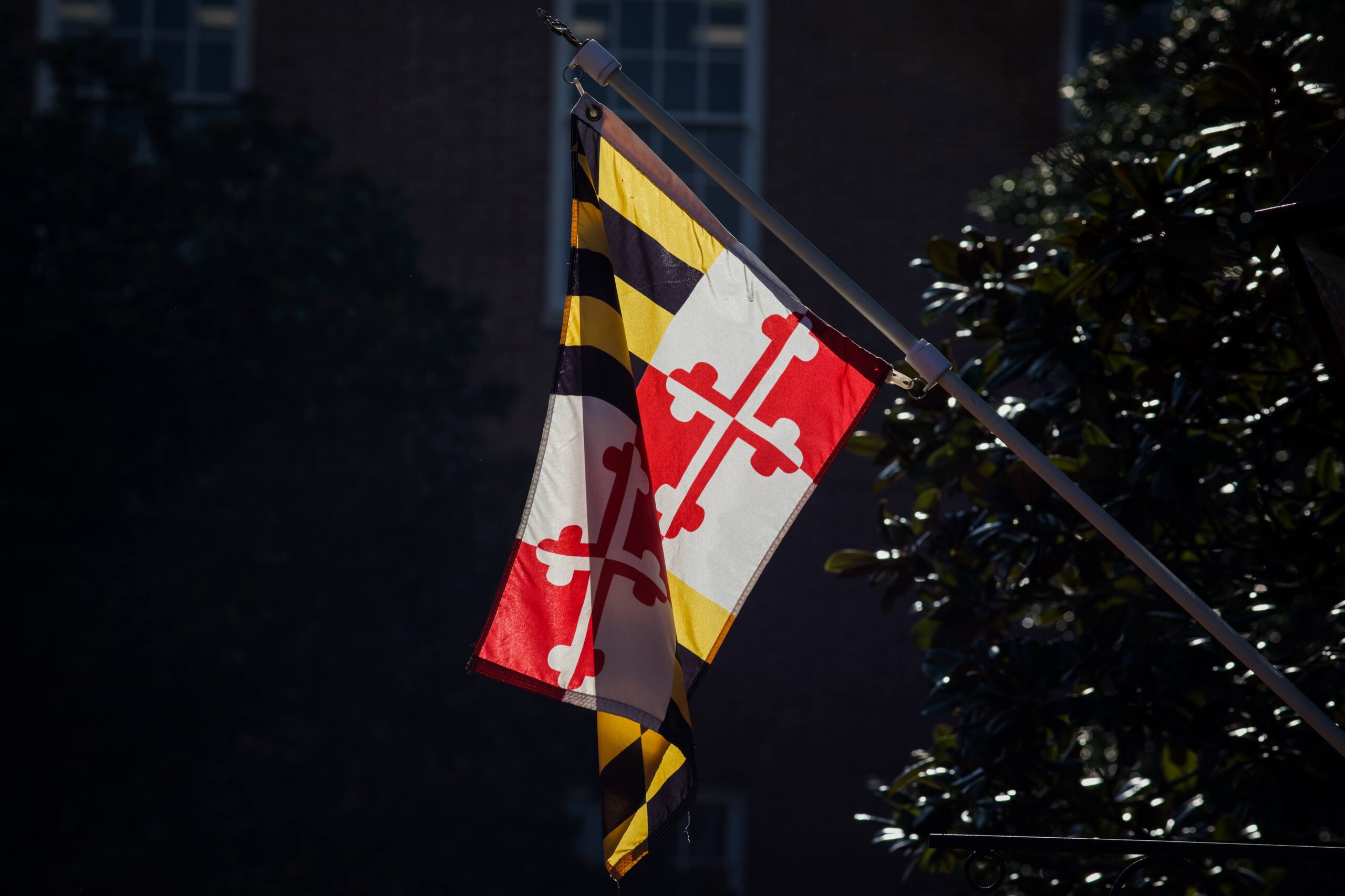
Collective bargaining legislation for USM faculty, grad students fails to meet 2024 crossover deadline
By Gabriel Donahue, editor-in-chief
The legislation that would grant faculty and graduate assistants in the University System of Maryland the right to unionize failed to cross over from the House of Delegates to the Senate last week, again marking a challenge in their more than 20-year legislative fight for collective bargaining.
The Maryland General Assembly’s crossover day, the last day for a bill to move from the chamber that introduced it with a guaranteed hearing in the opposite chamber, was March 18. Bills that do not crossover by the deadline tend to face “high procedural hurdles in order to be considered in the opposite chamber,” according to legislation tracker StateScape.
Sen. Benjamin Kramer of Montgomery County, who co-sponsored the collective bargaining bill in the senate, said in an email Tuesday that there may be work done during next year’s session to reintroduce the legislation.
The current pair of bills, House Bill 493 and Senate Bill 823, emulate those that have failed in past few years to establish “separate collective bargaining units for faculty, post doctoral associates, and graduate assistants.”
HB493 defines collective bargaining as “good faith negotiations” between the employer and representatives of the employees — usually a union.
Through negotiations, a memorandum of understanding would be created that clarifies “terms and conditions of employment,” including wages and hours, the bill said.
State Del. Linda Foley of Montgomery County introduced the bill. There was a hearing for it before the House on Feb. 13.
“I’m a very strong believer in collective bargaining,” Foley said in an interview. “If we’re talking about democracy at work, that’s what collective bargaining is.”
Currently, the colleges within the University System adhere to shared governance. The Towson University Academic Senate is a shared governing body led by faculty members.
A Council of University System Faculty survey found that roughly 64% of faculty felt comfortable speaking up in faculty meetings, according to a testimony by Alison Wrynn, the USM’s senior vice chancellor for Academic and Student Affairs.
However, only 1,267 of the more than 16,000 faculty members in the USM –– 7.6% –– responded to the survey, according to an analysis created by a representative of that council and provided by Tina Kelleher, a lecturer in Towson’s Department of Computer and Information Sciences.
Therefore, that 64% of respondents correlates to only 4.8% of USM faculty, the analysis states.
Kramer said in an interview that he considers the bill “both necessary and helpful” to recruit and retain the best faculty for USM students.
“I can’t explain it because, quite frankly, the bill makes perfect sense to me,” he said of some legislators’ hesitation to pass the bill.
The extension of collective bargaining rights to graduate students has led to much of that hesitation, Foley said. She’s seen opponents to their inclusion disregard the employment status of graduate assistants or claim that they don’t work long enough tenures to warrant the need for unionization.
Yet Foley pointed out that the roughly four years that graduate assistants tend to remain in their positions does not deviate from American labor trends. In fact, in both 2020 and 2022, wage and salary workers stayed with their employer for a median of 4.1 years, according to the 2022 Employee Tenure Summary by the Bureau of Labor Statistics.
In similar testimonies in 2022, 2023 and 2024 on behalf of Towson University, Dean of Graduate Studies Sidd Kaza opposed granting graduate assistants the right to collectively bargain. Kaza referred The Towerlight to these testimonies in lieu of an interview for this and previous articles.
The university argued that research projects would receive less funding due to increased student salaries and benefits, and that the number of positions available to graduate students would decrease if stipends were to increase.
Additionally, Wrynn said in her testimony before the House that the University System views graduate assistants’ duties as “directly related to their status as ‘student.’”
“We firmly believe they are students, not workers,” Wrynn said.
However, Kelleher said the university’s graduate students are “not only our students, they’re also our colleagues.”
Kelleher is the vice president of the Towson chapter of the American Association of University Professors. Its president, Elin Lobel, said the group mediates conversations between faculty and administration.
When the AAUP recommends solutions, administrators are not required to act on them, Lobel said.
“[Administration has] gotten way better at keeping pace with the changing climate and doing right by students, and that’s wonderful. But if we don’t do right by faculty, how are faculty going to do right by their students?” she said. “It’s really a small amount of problems on campus, but that we have any is, to me, a problem, because we don’t have any means for getting rid of them.”
A senate bill passed in 2001 established collective bargaining rights for University System employees among other state workers.
However, that bill went on to exclude USM employees who are “a member of the faculty, including a faculty librarian; a student employee, including a teaching assistant or a comparable position, fellow, or post doctoral intern.”
The Maryland General Assembly will adjourn for the year on April 8.

